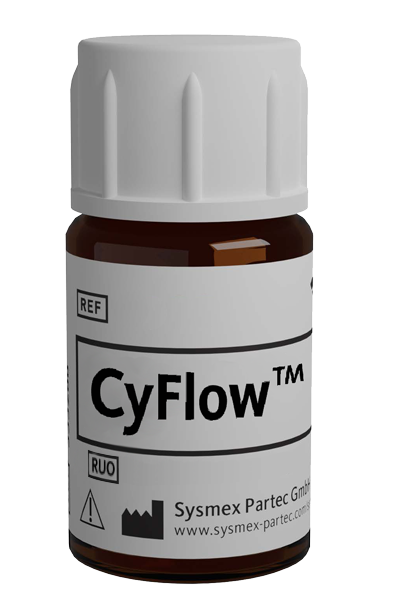Article successfully added.
CyFlow™ CD193 PE
| Alternative Name: | CC-CKR3, CCR3 , CKR3, CMKBR3 |
| Antibody: | Yes |
| Antigen: | CD193 |
| Application: | Flow cytometry |
| Clonality: | monoclonal |
| Clone: | 5E8 |
| Emission Maximum: | 576 nm |
| Excitation Maximum: | 496 nm, 565 nm |
| Field of Interest: | Immunophenotyping |
| Format/Fluorochrome: | PE |
| Isotype: | IgG2b |
| Laser: | Blue , Green, Yellow |
| Regulatory Status: | RUO |
| Source Species: | Mouse |
| Target Species: | Human |
| Product number: | AS488817 |
For Research Use Only

